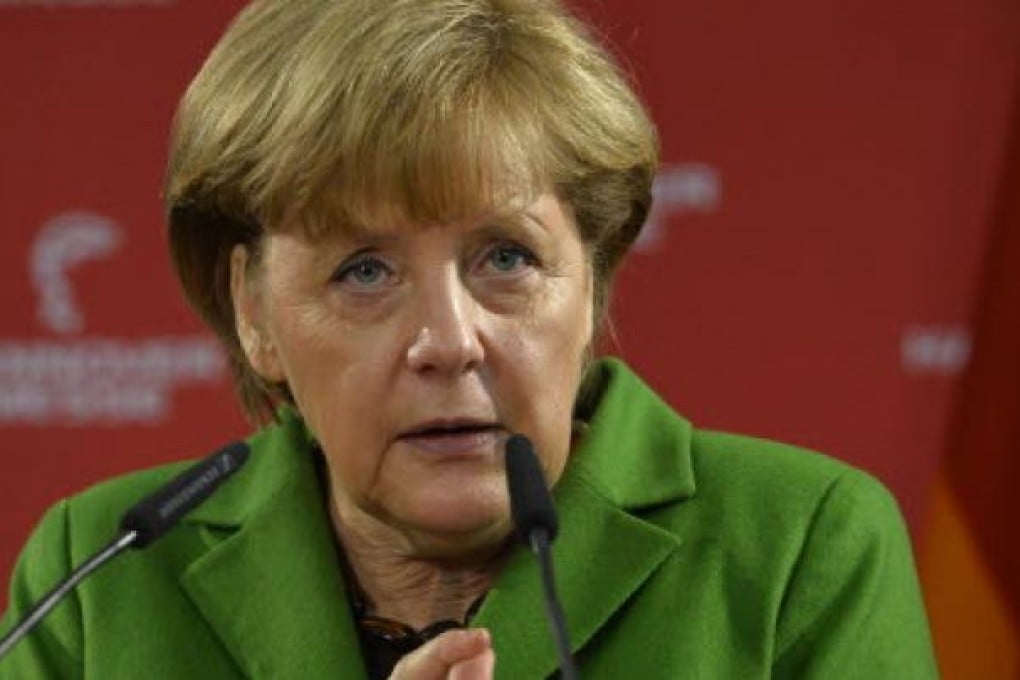
Germany’s Greens, the country’s third-biggest political force, will hold a party congress this weekend, five months ahead of elections in which Chancellor Angela Merkel will seek a third term and the environmentalists could potentially play kingmaker.
The Greens party, with its roots in the 1970s anti-nuclear and peace movements, are now mainstream and the preferred choice of well-off urbanites who shop organic and cycle to work.
Polling 14 per cent in a survey this week, they have won a string of elections in cities and states including Baden-Wuerttemberg, home to industrial leaders such as Daimler and Porsche.
The Greens’ decades-long demand to shut down Germany’s atomic power plants, became government policy under Merkel following Japan’s 2011 Fukushima nuclear disaster.
For now, the Greens are allied with the centre-left Social Democrats (SPD), with whom they governed from 1998 to 2005, in a joint battle to dethrone Merkel’s Christian Democrats and their struggling junior partner, the pro-business Free Democrats.
SPD party chief Sigmar Gabriel will speak at the three-day Greens meeting kicking off Friday in Berlin.